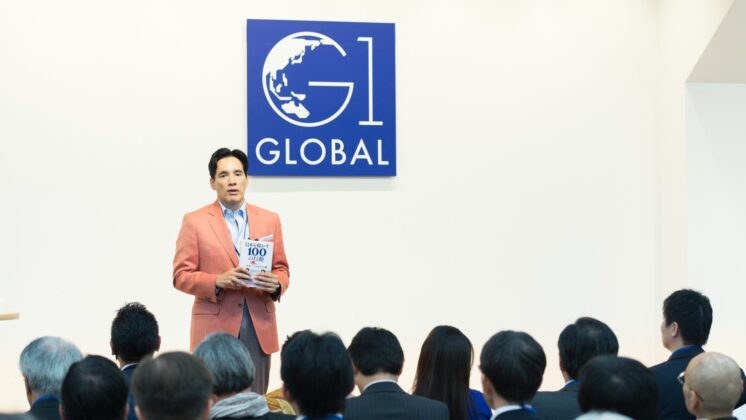Reconstruction has to be about more than just the rebuilding of infrastructure, i.e. “restoring towns to the way they were before.” In disaster-hit areas, the establishment of communities that will be sustainable in the future represents reconstruction in the true sense. The keys are “work,” “towns,” and “people.” At the 1964 Tokyo Olympics, our forefathers showed the new Japan to the world. At the 2020 Tokyo Olympics, we also ought to try to show the world a new Tohoku and a new Japan.
1. Work: Utilize youngsters, outsiders, and “idiots” to create free markets through deregulation and bring industry to Tohoku
The key to sustainable regional reconstruction is to establish industries and employment, and the following three points will be vital for creating a big industry that originates in Tohoku and creating an industrial cluster and employment in Tohoku
1. Use youngsters, outsiders, and “idiots” (startups and NPOs)
Collaboration among and participation by the following types of people will generate innovations: youngsters, who are not bound to past successes or constraints concerning post-disaster reconstruction, idiots, who act without thinking too much, and outsiders, who are not restricted by the established ways of thinking in communities or industries.
2. Create free markets through aggressive deregulation (agriculture, forestry, and fisheries)
Agriculture is a big industry in the Tohoku region, while the fishing industry along the Sanriku coast boasts the some of the world’s richest marine resources. The region is also 70% forest, so if managed properly, these sectors could be turned into growing industries. Regulations that constitute barriers to entry into industries need to be eliminated, “freedom of entry” needs to be secured, people and capital need to be attracted from outside the region, and a system for increasing scale through amalgamation needs to be established. Reconstruction zones should be established as free markets in which the power of the private sector is taken full advantage of.
3. Proactively attract investment from outside the region to rebuild industry (industrial sector)
To grow the Tohoku economy, it will be essential to aggressively encourage capital investment from outside the region. The arrival of external capital will generate employment, bring in knowhow and knowledge, and lead to the creation of new value. Subsidy schemes such as one that supports companies locating in Fukushima and bringing about an industrial recovery there have proved successful, but it is necessary to attract investment in Tohoku through other, bolder measures. These could include special tax deductions, the expansion of eligibility for and periods of tax breaks, lower rates of local taxes, sweeteners, and so on.
2. Towns: Make the region the first to establish compact cities
In the first five years of Tohoku reconstruction, a huge amount of money, 25 trillion yen to be exact, has been invested in the region, but the reconstruction project must create new towns and local governments that will be sustainable in the future. We therefore want reconstruction to focus on building advanced cities. Specifically, (1) compact cities should be created, (2) instead of building sea walls, settlements should be relocated to high ground, and (3) cutting-edge technology should be utilized in healthcare, education and administration.
3. People: Develop the human resources who can secure Tohoku’s future
In the world right now three things are happening that have never happened before. First, “work” performed by human beings is disappearing because of computers and robots. Second, “work” performed by human beings has become exposed to global competition due to advances in the internet and the evolution of logistics. Third, the nature of “work” has been changing. Data indicates that in the U.S., two out of three university graduates are taking jobs that did not even exist when they entered elementary school/
Given these dramatic upheavals going on in the world, in the area of reconstruction, the only answer is to invest resources for this purpose in education, i.e. in people that will create new things, jobs, and value. This is far preferable to investing in needless public facilities. The focus of reconstruction needs to shift from things to people. At GLOBIS, we opened the Sendai Campus of the Graduate School of Management just one year after the disaster. We believe that it is possible to nurture leaders who are ready and able to recreate Tohoku for the future, and that this spirit will support Tohoku’s reconstruction.



